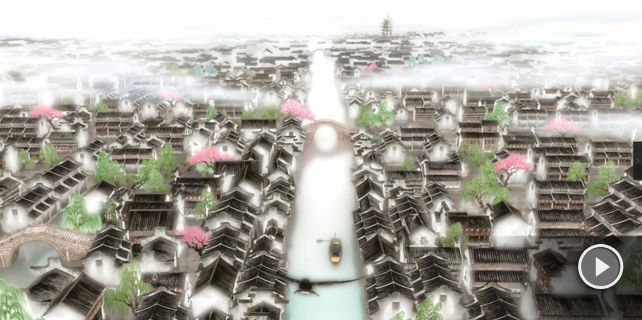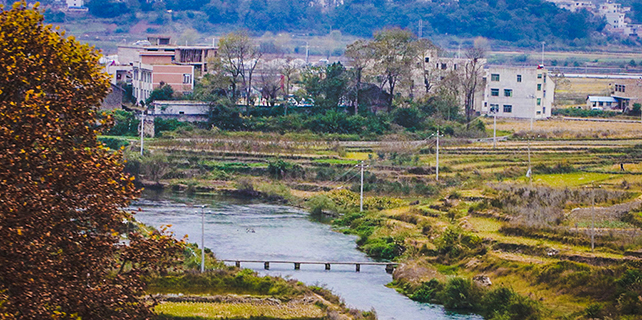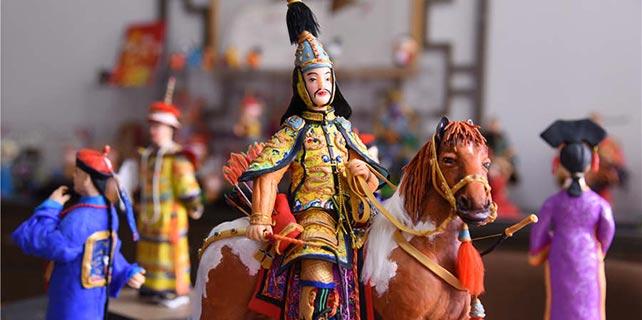Veteran grills Japan's WWII stance
DENVER, Colorado - With China's national day of mourning for the Nanjing Massacre (also known as the Rape of Nanking), less than two weeks away, John Yee, a Flying Tigers veteran, remembers when they posted pictures of mutilated and decapitated Chinese babies on giant placards in downtown Kunming, Yunnan province.
It was 1937 and a few days before Christmas. Yee was 17 years old. He was in Southwest China's biggest city, handpicked as one of 30 translators working with the Flying Tigers.
Even in black and white, the pictures - just sent from Nanjing - of mangled, bloody corpses, young and old, were so graphic and disturbing they cast a pall over the city.
"People were stunned, people were quiet, and they went into a deep mourning, as if the end was near," said Yee, who was raised by English missionaries in China.
About 2,000 kilometers northeast of Kunming, George Fitch, a Presbyterian minister, was documenting the carnage that claimed 300,000 Chinese lives over the next few weeks.
"It is a story of such crime and horror as to be almost unbelievable," Fitch told The Manchester Guardian in 1937.
"The story of the depredations of a horde of degraded criminals of incredible bestiality, who have been and now are, working their will, unrestrained, on a peaceful, kindly, law-abiding people," Fitch wrote from Nanjing on Dec 24, 1937, about the Japanese army.

Decades-long denial
In an interview on Thursday on his 97th birthday, the retired history professor said that Japan's decades-long denial and lack of an official apology questions even the core of Japanese heritage.
"We're still holding our breath," Yee said, shaking his head. "It's honestly a surprise that people with such intelligence could continue to behave so selfishly and stupidly as to not see the value of a simple apology," he said.
A member of the legendary World War II Flying Tigers, Yee returned to the United States in 1944 and later created and taught classes in Chinese history.
In 1941, Yee, 20, joined an elite group of American flyers sent to Southwest China where the Japanese, flying from Vietnam, were bombing defenseless civilians in Kunming day and night, killing thousands of innocent people.
Yee served under the command of General Claire Lee Chennault, considered one of the top military strategists in US history.
As a translator in the control room each day, Yee saw a small force of 100 antiquated US P-40 airplanes stop the relentless Japanese bombings once and for all.
"Just after Pearl Harbor, the Americans struck back - over the skies of Kunming," Yee said. "The Japanese were in for a surprise that day - we shot down 13 of their planes to only one loss for us."
Xinhua
(China Daily 12/03/2017 page11)
















